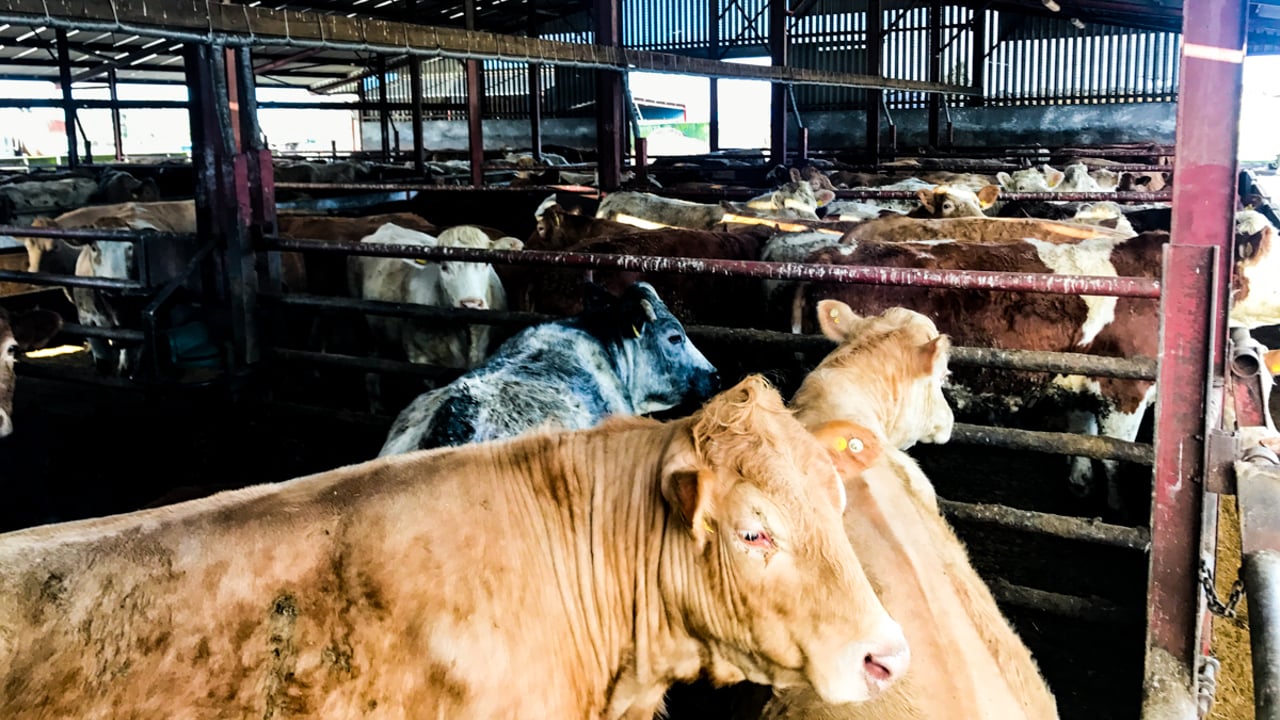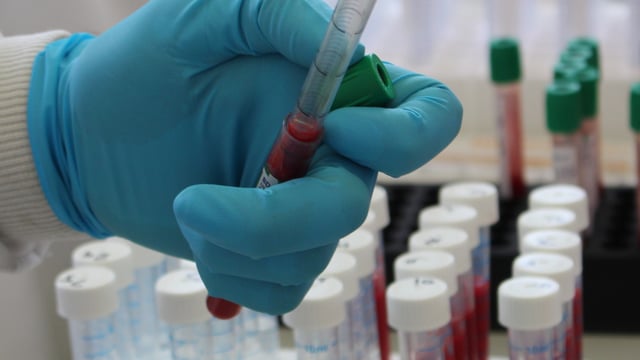Minister: Factors still prevent agri suppliers from reporting UTPs
Minister for Agriculture, Food and the Marine, Charlie McConalogue has welcomed the findings of the recent phone/online surveys commissioned by the Unfair Trading Practices (UTPs) Enforcement Authority.
They show an improvement in the general awareness and understanding of the protections offered to suppliers of agri-food products by the UTP regulations when compared to the findings of similar surveys conducted last year.
Minister McConalogue said: “It is encouraging that this year’s surveys have found that agri-food suppliers have greater awareness and understanding of the UTP regulations and the protections they offer than was the case last year.
"However, unfortunately the surveys also indicate that some suppliers still continue to experience unfair trading practices in their dealings with their buyers.
“The surveys also reinforce one of last year’s key findings that there are underlying factors that act to prevent suppliers from raising breaches of the regulations with their buyer, their representative organisation or the Enforcement Authority," the minister added.
The Agricultural and Food Supply Chain Bill was approved by the government for presentation to the Houses of the Oireachtas in November 2022 and the bill was recently passed by Dáil Éireann, and is currently under consideration by the Seanad.
The bill, when enacted, will establish a new independent statutory authority to be known as An Rialálaí Agraibhia.
The enabling provisions in the bill will provide for the transfer of responsibility of UTP enforcement functions to the remit of the regulator, which is expected to occur at the time of commencement of the act.
The bill will also grant the regulator additional powers to promote fairness and transparency in the agricultural and food supply chain.
The 2023 surveys sought to measure the impact of the work of the Enforcement Authority over the past year and, in particular, its ongoing awareness-raising efforts in respect of the UTPs using the 2022 surveys as a baseline.
The surveys aimed to gain detail on:
- Awareness and understanding by agri-food suppliers of the current UTP regulations;
- The extent to which unfair trading practices are experienced by and impact suppliers and the factors that might influence them to raise an issue or make a complaint;
- Awareness of the key functions and role planned for the new office of An Rialálaí Agraibhia, to be established under the Agricultural and Food Supply Chain Bill 2022.
The minister also announced the publication of the Enforcement Authority’s report on its activities in 2022.
The UTP Enforcement Authority recently conducted an online survey of primary producers and a phone survey of downstream business suppliers.
In these surveys, respondents were asked about unfair trading practice-related issues they have faced within the food supply chain.
The main findings of the 2023 survey of downstream business suppliers show that:
- There has been an 11% increase in the level of awareness when compared to last year;
- Black and grey UTPs have occurred less frequently in the last 12 months;
- 40% of businesses surveyed said they have experienced at least one Black Unfair Trading Practice in the last 12 months - the main breaches reported were payments made later than 30 days (26%) and later than 60 days (22%). This demonstrates a significant decrease when compared with 2022 findings;
- There was a significant decline in instances of short-notice cancellations of perishable agri-food products;
- 10% of respondents claimed that their buyer returned unsold products without paying for those unsold products. This represents a decrease versus the 2022 findings;
- More than 40% of respondents said they are confident that the regulations protect them as suppliers against UTPs;
- One third of businesses surveyed think that the UTP regulations have strengthened the position of weaker suppliers against stronger buyers.
Of the primary producers that completed the online survey, there was a 12% increase in the level of awareness of the UTPs and an 8% increase in the understanding that the regulations offer protection against UTPs.
The Enforcement Authority has established a dedicated website which contains resource materials and contact details including how suppliers can make a complaint to the authority.
The regulations afford protection for any supplier of agricultural and food products with a turnover of up to €350 million subject to the supplier’s turnover being lower than the buyer’s turnover within stated categories.
The regulations provide protection for five graduated levels of supplier turnover categories relative to the buyer up to the €350 million turnover limit.
Under the regulations, a supplier is defined as an agricultural producer or any natural or legal person who sells agricultural and food products.
A buyer is defined as any natural or legal person or any public authority who buys agricultural and food products. The regulations apply only to business-to-business relationships and do not cover sales to consumers.
The UTP regulations have been applicable since July 1, 2021 to supply agreements established since April 28, 2021 and, from April 28, 2022, all supply agreements, including those that were in place before April 28, 2021, must be in compliance with the regulations.





